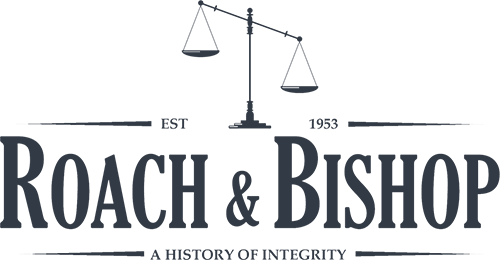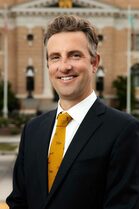|
By Eamon P.S Roach, PARTNER AT ROACH & BISHOP LAW OFFICES BACKGROUND Most Foreign Medical Graduates (FMGs) complete medical school abroad and then match with a residency program in the United States. Upon matching, the vast majority are sponsored to come to the United States by their respective program in J-1 Status. The J-1 Visa was initially created as a cultural exchange program for foreign nationals to come to the United States to train, share knowledge and ideas, then return to their home country thereafter to share that knowledge and training gained while in in the US. Inherent in the J-1 Visa for FMGs is a requirement that they return to their home country for 2 years. Therefore, before an FMG can legally accept employment in the U.S., a “Waiver” of that 2-year “return-to-home” requirement is required. This 2-year return to home requirement can be waived in five different ways as follows:
J‐1 WAIVER PROCESS. btaining a “Waiver” is a 3-step process. Step #1 requires either a State Public Health Department or some other “Interested Government Agency” (IGA) to “recommend” that the Physician be granted a Waiver in exchange for agreeing to work in an underserved area, with an underserved facility, or with underserved populations for a period of three years. Of course, the State or some other IGA will only make such a “recommendation” after they have been provided a signed contract for a period of three years and detailed documentation which justifies the need for such a Waiver in any given geographical area. Assuming an FMG can get the State or an IGA to recommend the Waiver, the FMG proceeds to Step #2, which is through the United States Department of State (DOS) in Washington, D.C. The DOS is responsible for the J-1 Visa (and Waiver) Program. DOS reviews the Waiver information and assuming DOS concurs with the Waiver recommendation of the State or the IGA, the FMG proceeds to Step #3 with the US Citizenship & Immigration Service (USCIS). USCIS reviews the information again and, assuming USCIS concurs with the 2 prior recommendations from the State/other IGA and DOS, then the Waiver is granted by USCIS. This means the Physician need not return home for 2 years and can now immediately accept an offer of employment in the US. However, the grant of a Waiver in and of itself does not authorize the Physician to work in the United States. The FMG then needs to obtain Work Authorization. WORK AUTHORIZATION. Once an FMG has received a State or IGA-sponsored J-1 Waiver, in order to work the FMG obtains H1B Professional Work Status through the sponsoring employer. Obtaining this status is also a three-step process. Step #1 is ascertaining the Prevailing Wage for the position in the specific geographical area they will be working in. Step #2 is the filing of a Labor Condition Application with the US Department of Labor. Step #3 is the filing of the H1B Petition with USCIS for the ultimate granting of work authorization. It is at this final stage that the FMG will automatically change status from J-1 Status to H1B Status. The Physician must remain in H1B Status for a period of three years in order to fulfill the terms and conditions of the J-1 Waiver. However, during this period a Physician can take the initial steps towards permanent residency given the fact that H1B Status is temporary and only valid for a standard limitation of six years. LEGAL PERMANENT RESIDENCY. Once a Physician is on the job in H1B Status, the Physician will then take steps to obtain Legal Permanent Residency (aka: a “Green Card”) which allows them to remain and work in the US indefinitely. There are multiple ways to obtain a Green Card. The two most common pathways for Physicians are the “National Interest Waiver” process or the “Labor Certification” Process. In our subsequent article we will delve into the specifics of these two Green Card processes to sponsor foreign Physicians permanently
NWRPCA welcomes and regularly publishes white papers and articles submitted by members, partners and associates with subject matter expertise. The appearance of any guest publication in our Health Center News database represents the views of the author and does not constitute endorsement by NWRPCA of the stated opinions or perspectives, nor does it suggest endorsement of the contributor's products or services.
0 Comments
Leave a Reply. |
Archives
June 2024
Categories |
|
|
© Northwest Regional Primary Care Association. All Rights Reserved.
This project is supported by the Health Resources and Services Administration (HRSA) of the U.S. Department of Health and Human Services (HHS) as part of an award totaling $1,742,242.00 with 25% financed with nongovernmental sources. The contents are those of the author(s) and do not necessarily represent the official views of, nor an endorsement, by HRSA, HHS or the U.S. Government.



 RSS Feed
RSS Feed
